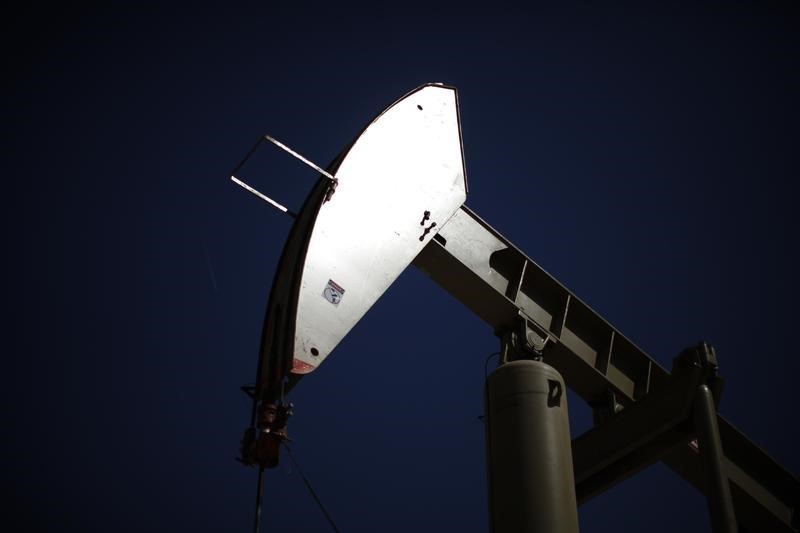Bullish indicating open at $55-$60, IPO prices at $37
By Peter Nurse
Investing.com -- Oil prices fell Monday, weighed by a stronger dollar and news of a fresh wave of Covid cases in China, the world’s top importer of crude, raising fears about the demand outlook.
By 09:05 ET (14:05 GMT), U.S. crude futures traded 1.2% lower at $87.89 a barrel, while the Brent contract fell 1.1% to $94.95.
The market had soared at the end of last week as Chinese health authorities cut the quarantine times for inbound travelers, raising optimism that a more comprehensive relaxation of the country’s strict Zero-Covid policy may be just around the corner.
However, the number of Covid cases climbed in China over the weekend, with Beijing and other big cities on Monday reporting record infections, dashing relaxation hopes.
Frequent outbreaks of Covid, coupled with the country’s severe mobility restrictions, have limited economic activity in the world’s second largest economy throughout this year.
China’s gross domestic product grew 3.9% from a year ago in the third quarter, significantly below the official target of around 5.5%.
The Organization of Petroleum Exporting Countries cut its forecast for 2022 global oil demand growth on Monday, for a fifth time since April, by 100,000 barrels a day to 2.55 million barrels per day.
In its monthly report, OPEC cited mounting economic challenges for the decision, including high inflation and rising interest rates.
This is the last report before the group, and its allies, known as OPEC+, meet to set output policy in early December, having decided last time to cut production by 2 million barrels a day to shore up prices.
Also weighing on the market Monday is a rebound in the U.S. dollar after a sharp selloff at the end of last week.
The US Dollar Index, which tracks the greenback against a basket of six other currencies, fell to the lowest levels on Friday after the weaker than expected U.S. inflation release, but climbed 0.6% Monday after Fed Governor Christopher Waller reaffirmed the central bank’s commitment to lower inflation over the weekend.
A stronger dollar makes the commodity more expensive for buyers holding other currencies.
Elsewhere, the European Union is “ready to go” with an effort to impose a price cap on Russian oil, Ursula von der Leyen, the president of its executive arm, said Monday, although the price level has yet to be decided.
“We have set all the tools necessary in place in the European Union,” von der Leyen told Bloomberg Television on Monday. “It is important not only to dry out the war chest of Russia but also very important for many vulnerable countries to have an acceptable level of prices.”
